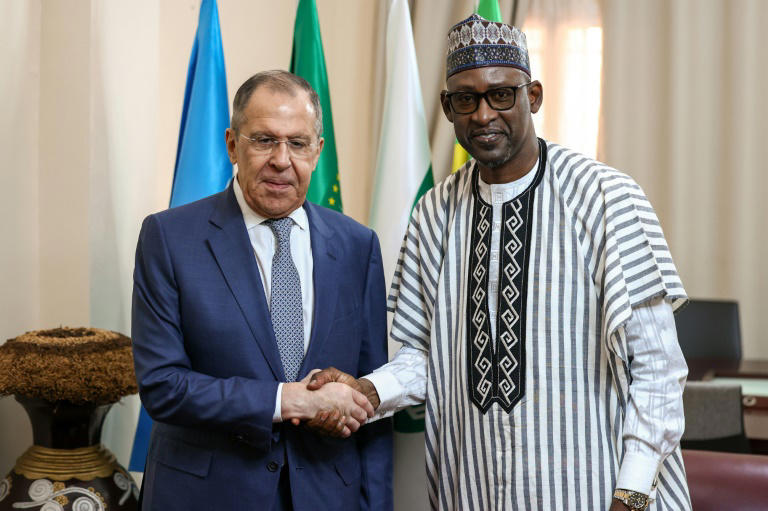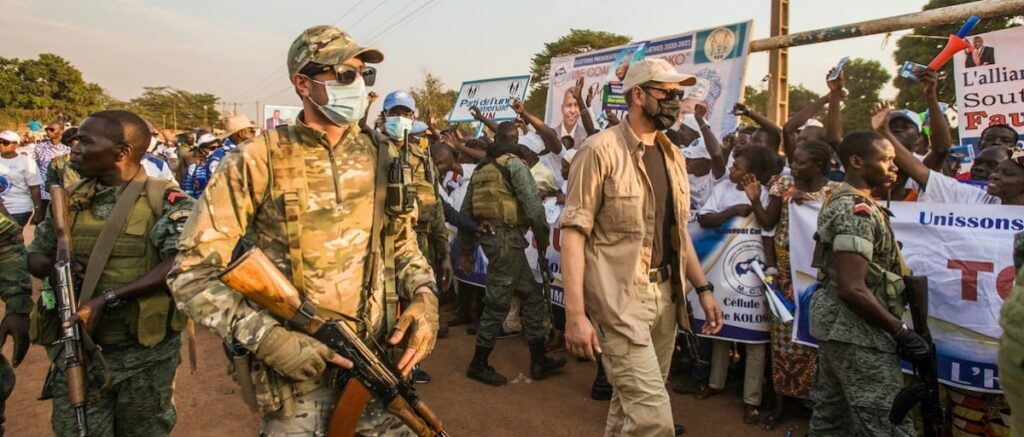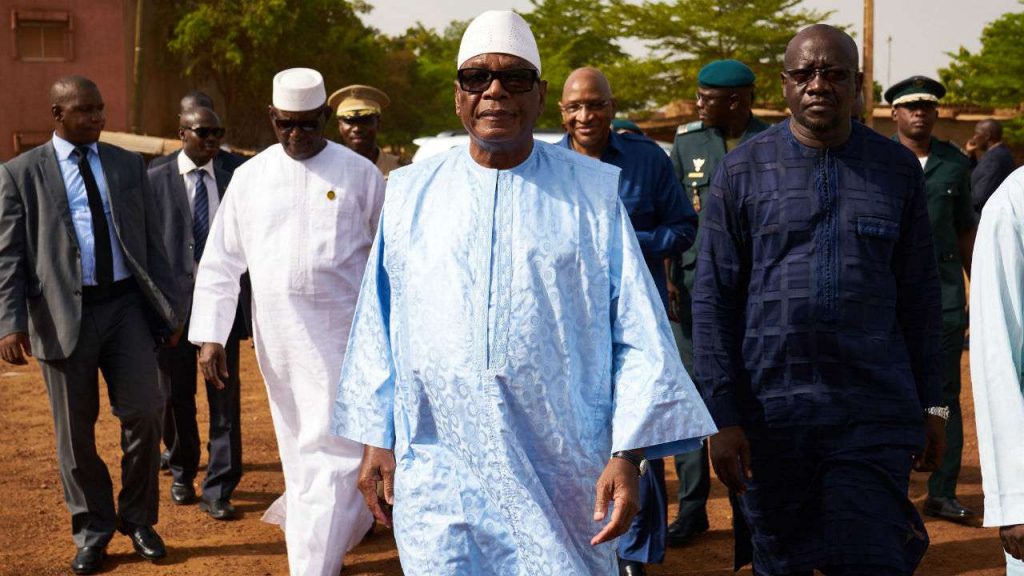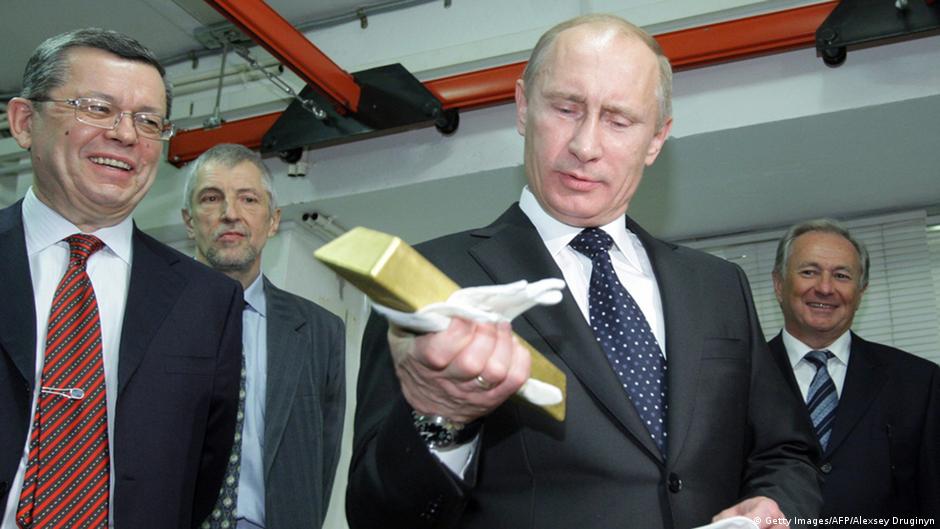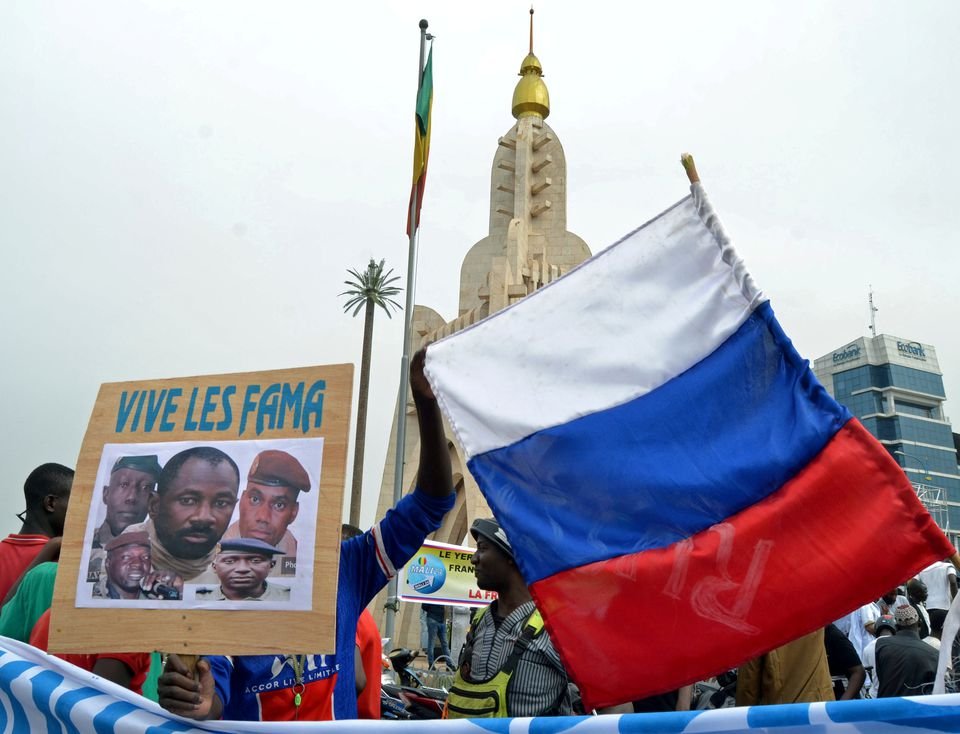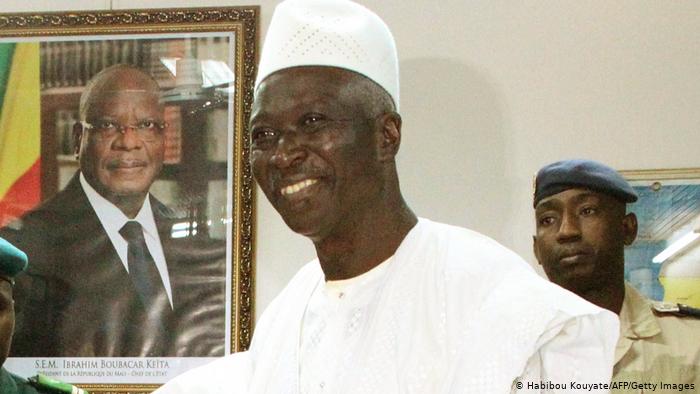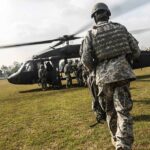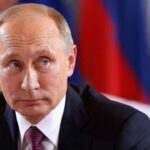Some African nations are being subjected to external meddling on the system of constitutional order as part of Russia’s colonial policy in countries that were once in the zone of France’s interests. After drafting constitutional amendments in the Central African Republic legislature, Moscow took up another task – now to deal with the referendum on constitutional changes to Mali, where power is held by a Russia-backed military junta.
Russian media report that the junta leader, Colonel Assimi Goïta, discussed by phone with Russian President Vladimir Putin a number of “security and economy issues” of the key vote on the new constitution. If approved, the new basic law will strengthen the position of the military. It is likely that Goïta will run for president despite earlier vows from military commanders that he won’t ultimately take part in the election battle.
A referendum on Sunday will pave the way for elections and democratic rule in 2024. Repeated postponements and two military coups have stood in the way of the poll since 2017.
The long-awaited national poll is a milestone in Mali’s transition from three years of military rule to democracy. The military junta in power following two coups since August 2020 has promised to ensure elections in the Sahel country by February 2024.
Constitutional reform has long been debated in Mali were the referendum had initially been set for 2017.
The draft constitution strengthens the power of the president to appoint or sack the prime minister and ministers and dissolve the parliament.
Under the Algiers Peace Agreement, the ex-fighters were granted some autonomy and the chance to integrate into Mali’s “reconstituted” army to maintain security throughout the north.
It also makes provision for the scrapping of French as Mali’s official language. Thus, the Kremlin is lobbying for legislative changes to strengthen presidential power in African countries where Moscow seeks to develop and exploit natural resources.
Such intensified activity on the part of Russian actors confirms the hypothesis that Moscow refuses to invest in the economy of African states, opting to first of all obtain corrupt access to their resources. Part of Mali’s political elite is not okay, mildly put, with such an expansion of the president’s executive power.
According to our estimates, the Kremlin expects to strengthen the power of military juntas in a number of African nations, believing that this will ensure Russia’s political and military influence in the region and compensate for their own isolation from the West.
Sources close to the Kremlin claim that Goïta actually didn’t speak with Putin. The Russian leader is said to have snubbed the call, seeing it as insignificant and the current leadership in Bamako – as illegitimate, so it was in fact a President’s double who did the talking.
There are reasons to believe that Russia is also trying to influence the legislative process in Somali. It is reasonable to assume political proposals are being developed by a group of political experts cooperating with Yevgeny Prigozhin’s Wagner Group. They have already made their presence in Africa evident during election campaigns run in a number of countries across the continent.


